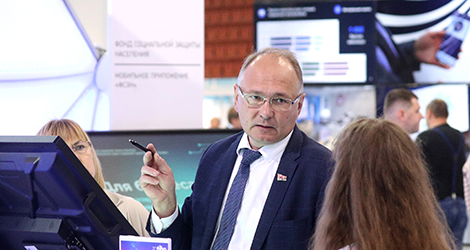Doing business in Belarus: FAQs

Find answers to your key questions about doing business in Belarus, including import and export regulations, copyright law, and residency requirements
What are the import and export regulations in Belarus?
Belarus has been working towards entry to the World Trade Organisation since 1993 and much work has been done to reduce tariffs and other barriers to international trade.
Belarus customs govern import and export regulations.
For up-to-date information, see the State Customs Committee of the Republic of Belarus
What currencies can be used in Belarus?
The Belarusian ruble (BR) is the only currency that can be used for any transactions that take place in Belarus.
To account for potential currency fluctuations, business-to-business negotiations are often carried out in US dollars or euros, particularly if a foreign party is involved. But once agreed, payment is made in BR at the current exchange rate.
Payments in other currencies are only permissible if made from outside Belarus.
What are the taxation rates in Belarus?
Tax rates vary according to a range of factors and are liable to change, but as a general rule the following rates apply:
-
VAT 20%
-
income tax 13%
-
profit tax (top rate) 18%
There are tax breaks and incentives for companies employing a high percentage of disabled people and for companies that operate in rural areas.
How is data protection controlled in Belarus?
Data protection is covered in the draft law On Information, Informarion and Protection of information which has been approved by both the Chamber of Representatives and the Council of the Republic.
What are the residency requirements for foreigners living in Belarus?
All foreigners staying in Belarus, whether on a short visit or on a work permit, are required to register with the local department of the Office of Visas and Registration (OVIR) within three days of arrival in Belarus.
If you are staying in a hotel they will arrange this for you.
What are the rules governing copyright in Belarus?
The law on intellectual property in Belarus covers a wide range of areas, including:
-
patents
-
industrial models
-
trademarks and service marks
-
inventions
-
names
What business services are available in Belarus?
There are a full range of business services in Belarus including:
-
accountants
-
tax advisors
-
lawyers
-
financial services
-
marketing and advertising agencies
Both Belarusian and foreign companies operate in these sectors in Belarus.








 print version
print version make home page
make home page add to bookmarks
add to bookmarks






